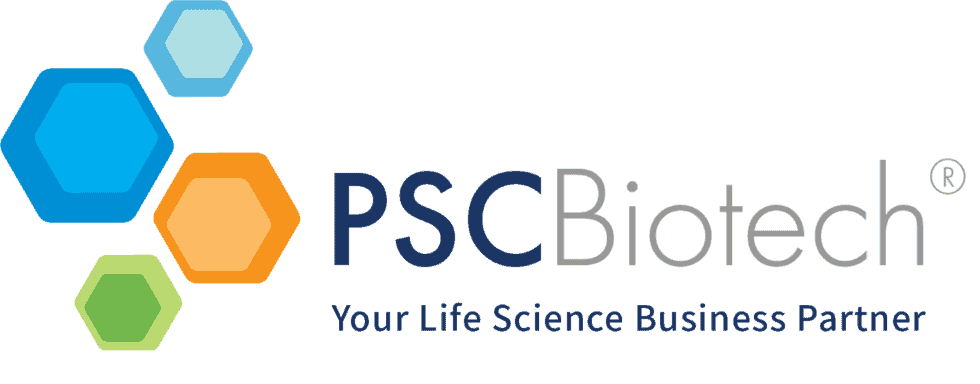A California biotech consulting firm that pledged to create at least 103 local jobs by 2017 will get a $1 million low-interest loan from the state to help it buy an under-used pharmaceutical manufacturing facility in University Research Park where it plans to make cancer-fighting and other types of drugs for other companies.
The former Mentor Biologics building, originally designed to produce an anti-wrinkle compound but never used for that purpose, had been owned by the Morgridge Institute for Research since 2010. It was sold June 30 to Pomona, California-based PSC Biotech Corp., about one year after the Morgridge Institute — a private research partner of UW-Madison — put it on the market, officials said.
A ribbon-cutting ceremony was held Thursday at the facility at 5501 Research Park Boulevard, though drug production isn’t slated to begin there until 2015.
“This is just great news, not only for the research park, but for Madison,” said Aaron Olver, the newly hired managing director of University Research Park who formerly ran economic development efforts for the city.
“They’re a perfect match for the building and its capabilities,” Olver said of PSC Biotech™. “They’re a great complement to what’s going on in the research park, and they’ll be a good resource for some of the companies in town that might want to use their services.”
PSC Biotech™ created a subsidiary known as BioTechnique to run the contract-manufacturing operation in Madison.
“We are excited by the opportunity to do our part in meeting the high demand for cytotoxic drugs and by the vast potential that this … facility brings,” PSC Biotech™ CEO John Clapham said in remarks at the ribbon-cutting.
The purchase price for the facility was not released, but Mark Maley of the Wisconsin Economic Development Corp., the state’s chief job creation agency, said PSC Biotech™ had invested $11.5 million to buy and partially equip the two-story, 37,400-square-foot building.
The $1 million loan is from WEDC’s Business Opportunity Loan Fund program. Loans are designed to fill gaps in project funding and, in the case of PSC Biotech™, will help pay for some of the needed equipment, Maley said.
About the WEDC loan, PSC Biotech™ spokesman Connor Ledbetter said, “We just saw it as a great opportunity to partner with the state and get our foot in the door with the WEDC and to help finance the acquisition.”
Situated on nine acres with room to expand, the facility offers state-of-the-art amenities for sterile, liquid-injectable drug manufacturing, including 100 advanced “clean” rooms, five air-handling units, a 1,900-square-foot quality control lab, a machine that freeze-dries liquid drugs into powder for storage and transport, and high-tech production line equipment, much of it never used.
“They’ll basically be filling sterile vials with medicine,” Olver said about the planned manufacturing operations. “This is a new growth area for the company and they picked this facility in Madison to get up and running.”
“It’s a great facility that really has yet to be put to use,” said Steve Mixtacki, chief financial officer and operating officer for the Wisconsin Alumni Research Foundation, of which the Morgridge Institute is an affiliate. “The linkage to the university and to Madison College in terms of an employment base also was attractive to the company.”
Mixtacki said Morgridge’s board of directors would meet next week to consider a resolution to use the money from the building’s sale to create an endowment supporting the research done by the Morgridge Institute within the Wisconsin Institutes for Discovery on campus. Morgridge researchers made limited use of some labs and offices in the facility — though never the production equipment — for a few years, Mixtacki said, but ended up deciding the building was not a good fit for them.
The Morgridge Institute acquired the building through a donation from health care products giant Johnson & Johnson, which purchased Mentor Biologics for $1.07 billion in 2009 but decided it didn’t need the facility, built for Mentor Biologics in 2008, to produce PurTox, a Botox-like toxin Mentor designed to erase frown lines.
Mixtacki said PSC Biotech™ was the most serious of “two or three” companies that expressed interest in the property over the past year.
It also was most familiar with the specialized facility because Mentor Biologics had hired PSC in 2008 to get the needed Food and Drug Administration approvals to use it for manufacturing.






